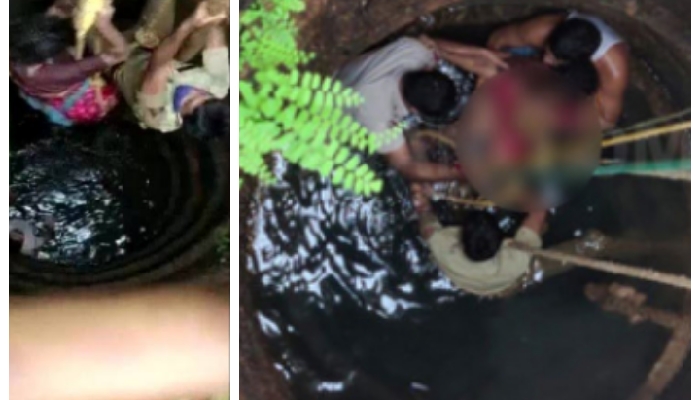The 15-year-old boy who reportedly confessed to police that he had killed his mother and sister at their house in Noida recently was addicted to a violent gangster game played on mobile phones.
Anjali Agarwal (42) and her 12-year-old daughter, Kanika, were found beaten and stabbed to death at their residence on the night of December 4; the boy was reported missing since that day. He was caught in Varanasi and brought back to Noida on December 8, where he confessed to police.
The police said that the boy’s father, a businessman, told them that his son spent most of his time playing the game. He told them that the boy had been seen playing the game on his mother’s phone over the last two months after he had seized the boy’s phone in September.
The statement was made by the businessman on Thursday during police questioning. Ajay Kumar Sharma, investigating officer of Noida police, said, “The boy’s father told us that he used to play the game — High School Gangster Escape — most of the time on his phone. He also told us that the boy was not at all interested in studies.”
The investigator also said that the father had enquired his son about the game, who told him that it was a crime-thriller game and he liked it.
“The father is indicating that the game might have influenced him. We have read about the game’s features, which suggest it is about committing crimes and escaping. There are chances that he may commit more such crimes, under the influence of the game,” Sharma said.
The content rating of Google Play for this game, High School Gangster Escape, is 16+ and contains strong violence.





Comments
Really sad. Kids shud be monitored by parents. Technology sucks in every minute. too much technology in life is too bad. Google play is also not safe when it comes for purchasing anything on bank cards. its better to buy apple products, so that u can track ur kids through your Iphone too. Google needs to build up security measures for the Apps in the store. Every next person creates app & nobody is bothered to check on the same. There are so many junk apps too in google play.
@Kumar.. Govt body should come to monitor those contents. There are many apps and games which are inapropriate to age groups. Now even small children also using smart phones
Some countries properly monitering google play store contents. Should monitor contents for India too
Govt should ban such games
Add new comment